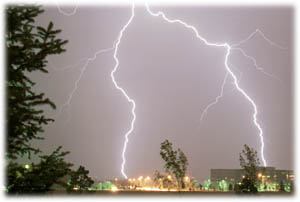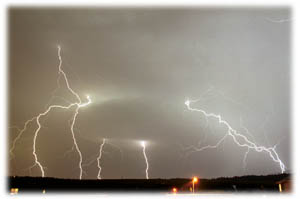| |
In general it can be said that in the active voice the subject performs, produces, or experiences the action or exists in the state expressed by the verb.
Simple Active
The subject performs or experiences the action. The verb may be transitive or intransitive. This is the normal or routine use, by far the most common.
- Mark 4:2 He was teaching them many things in parables
Causative (Ergative) Active [cause]
The subject is not directly involved in the action, but may be said to be the ultimate source or cause of it. That cause may be volitional, but is not necessarily so. For the simple verb, sometimes the gloss cause to can be used before the verb and its object; in such cases it is sometimes best to convert the verb to a passive (e.g., he causes him to be baptized).
- Matt 5:45 He causes his sun to rise on [both] evil and good [people], and he causes it to rain on [both] the righteous and unrighteous.
Stative Active
The subject exists in the state indicated by the verb. This kind of active includes both equative verbs (copulas) and verbs that are translated with an adjective in the predicate (e.g. "I am rich").
- Luke 16:23 [the rich man] existing in a state of torment.
- John 1:1 In the beginning was the Word.
Reflexive Active
The subject acts upon himself or herself. In such cases naturally the reflexive pronoun is employed as the direct object (e.g., eauton), while the corresponding reflexive middle omits the pronoun.
- Mark 15:30 Save yourself!
- 1Tim 4:7 Train yourself toward godliness!
|





